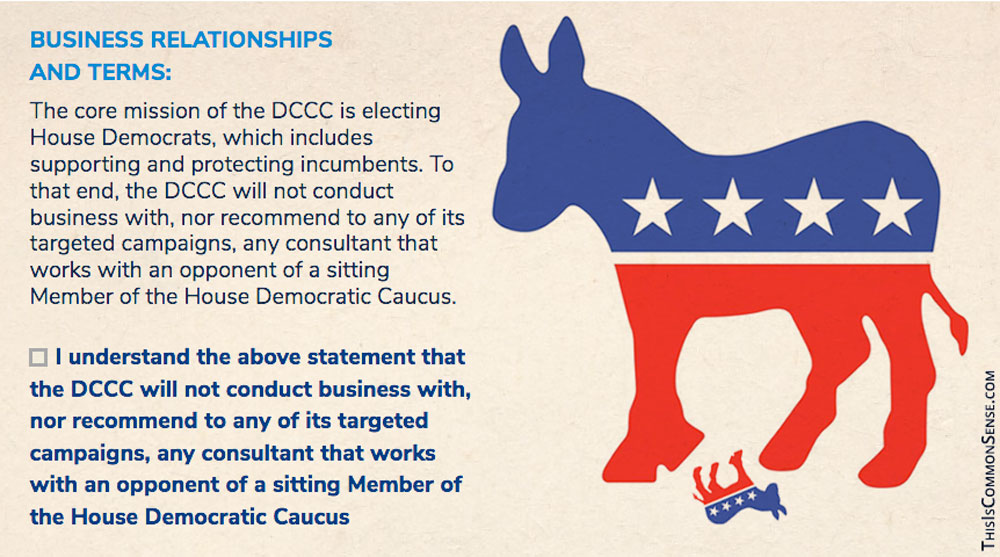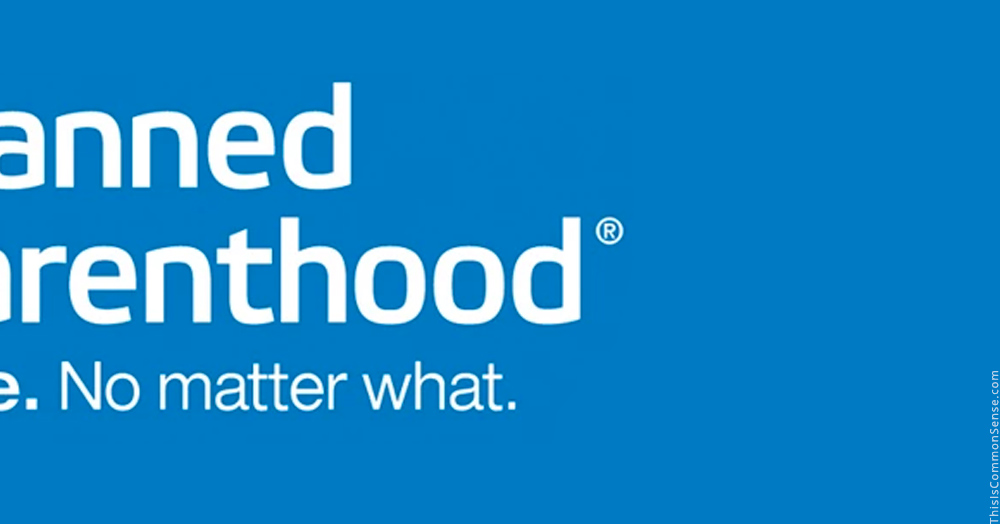We received an early Christmas present from the incoming Trump administration.
The gift? The torpedoing of a continuing resolution (CR) supported by House Speaker Johnson that was full of concessions to the Democrat side of the aisle. Aside from the drunken-sailor spending, the 1,500-plus-page legislation — just something to tide the government over for a few months — contained many other horrific elements that made it worthy of deletion.
Trump, Vance, and Musk are among those who volubly criticized the pork and other bad provisions of the CR.
Senator Rand Paul said: “I had hoped to see @SpeakerJohnson grow a spine, but this bill full of pork shows he is a weak, weak man. The debt will continue to grow. Ultimately the dollar will fail. Democrats are clueless and Big Gov Republicans are complicit.”
Ostensibly designed to continue funding the federal government after the money had run out, the bill’s poisonous elements included a pay increase for members of Congress and a provision to make it almost impossible for the Trump Justice Department to investigate wrongdoing in the House (such as the evidence-destroying way the J6 investigation was conducted).
Another provision would have extended the life of a State Department’s Global Engagement Center, a censorship office that Republicans have been trying to kill for years. Some Republicans, that is. The ones in favor of freedom of speech. The GEC funds efforts to suppress speech.
But the worst of it was stopped. The CR monstrosity became a much more manageable, much smaller CR; “the government was saved” — and, more importantly, we were saved some of the awful things packed into the earlier resolution.
Still, a lot of people (mainly Democrats) didn’t like their Christmas gift.
And dashed were the holiday dreams of members of Congress, stuck another term at current levels of remuneration.
Ho ho ho.
This is Common Sense. I’m Paul Jacob.
Illustration created with Flux and Firefly
—
See all recent commentary
(simplified and organized)









